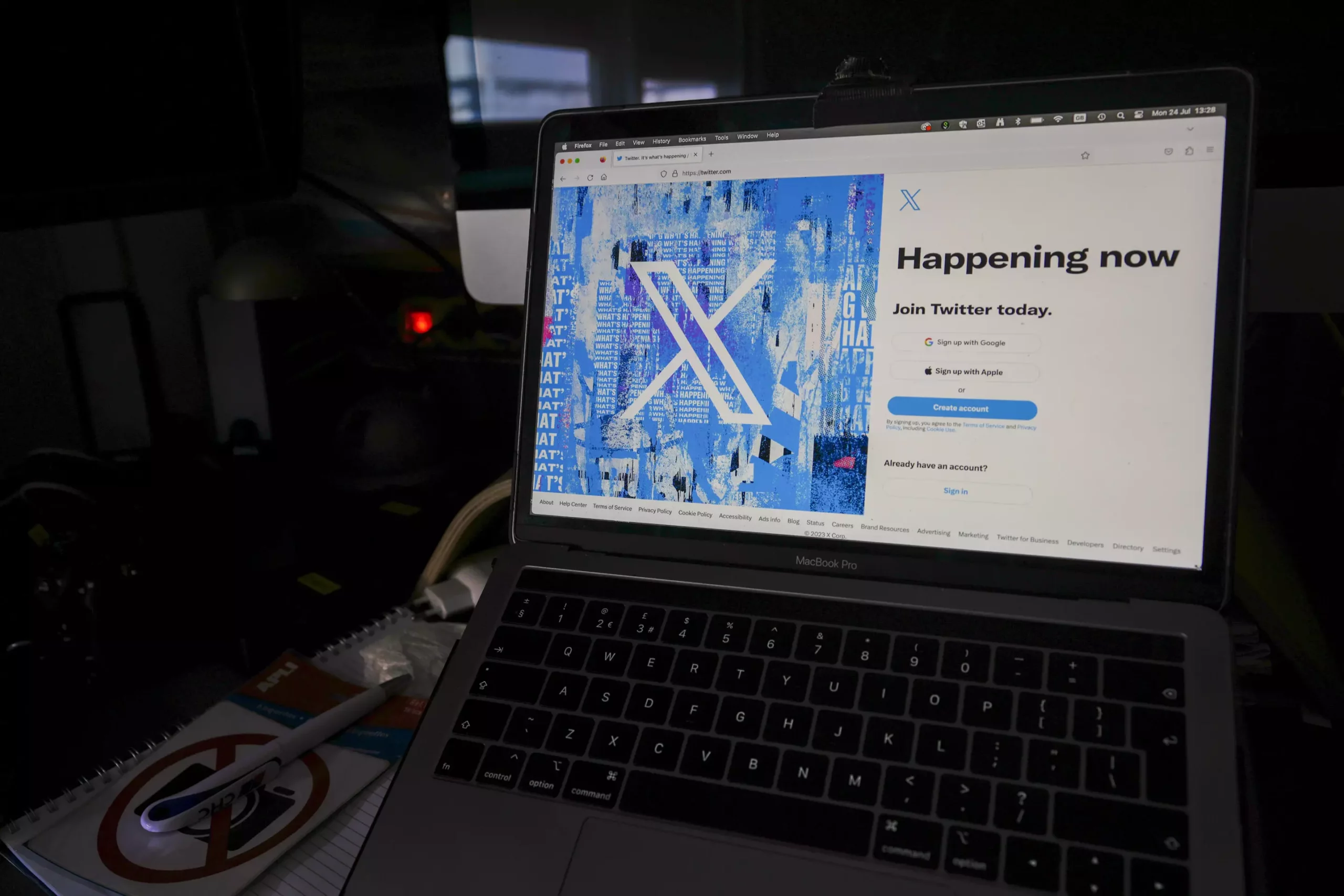The ongoing conflict between Elon Musk’s social media platform, X, and the Brazilian legal system illustrates the tension between modern technology companies and national regulations. In recent weeks, Brazilian Supreme Court Justice Alexandre de Moraes has laid out stringent conditions for X’s reactivation within the country. This scenario reveals a broad spectrum of challenges as digital giants navigate the complex web of international law and governmental oversight. With the stakes higher than ever, particularly given Brazil’s status as one of X’s largest markets, the implications of this legal standoff extend beyond the platform itself, touching on issues of free speech, censorship, and the balance of power in democratic societies.
The recent rulings by Justice de Moraes are not merely legal formalities; they represent an assertion of governmental authority over a global digital entity. Central to this case is the relationship between X and Starlink, Musk’s satellite-based internet provider. De Moraes ruled that X could only resume operations in Brazil if Starlink withdraws its appeals connected to the ongoing litigation—a condition that critics argue blurs the lines between different corporate entities and raises questions about the legitimacy of such a demand. Legal scholars have cast doubt on the rationale of considering both companies as parts of the same economic group, highlighting the ambiguities within Brazilian law regarding corporate structure and accountability.
At the heart of this conflict lies a deeper concern: the moderation of content and the potential spread of misinformation. De Moraes has consistently cited X’s failure to address far-right accounts and misinformation campaigns as justification for taking drastic measures against the platform. This is especially important in Brazil, a nation with unique socio-political dynamics and a history of extensive misinformation spread, often intersecting with populism. The Brazilian government has positioned itself as a bulwark against these issues, introducing policies that prioritize national interests over the unrestricted flow of information typical in the United States. For X, accusations of censorship resonate painfully, raising critical questions about where the line should be drawn in the name of free speech, particularly in a country with stricter regulations.
The financial ramifications of the legal entanglement are enormous. X has incurred fines exceeding $3 million as a result of de Moraes’s actions and the imposed additional fine of 10 million Brazilian reais ($1.84 million) serves as a significant operational hurdle. Companies like X thrive on user engagement and accessibility, and the prospect of protracted legal costs, alongside the potential loss of users within the Brazilian market, puts incredible pressure on the platform. Furthermore, X’s recent navigation of legal hurdles—including addressing issues with its legal representation—has added layers of complexity that further bleed into its operational efficacy in Brazil.
X’s pledge to uphold free speech within the legally mandated boundaries underscores the delicate balance technology companies must strike between adhering to local laws and maintaining their brand identity as champions of open expression. Musk and his allies have openly criticized the judiciary for what they perceive as authoritarianism, but this perspective does not fully account for the unique regulatory landscape in Brazil. The assertion of national sovereignty in managing online discourse speaks to a broader trend where digitization collides with regional cultures and legal frameworks, emphasizing that there is no one-size-fits-all model for global social media operations.
As the tug-of-war between X and the Brazilian judiciary continues, it serves as a case study for technology companies grappling with the nuanced demands of operating in a global marketplace that is increasingly scrutinizing their role in democracy and public discourse. The evolving legal landscape, compounded by the ever-present risks of misinformation and public trust, necessitates a careful reevaluation of how platforms engage with diverse markets. This conflict reflects a significant moment for digital governance, where regulatory bodies seek to reassert control in an age that often feels dominated by the rapid advancements of tech giants like Elon Musk’s X. The outcome remains uncertain, but the implications could reshape the way social media interacts with legal and ethical norms throughout the world.


Leave a Reply